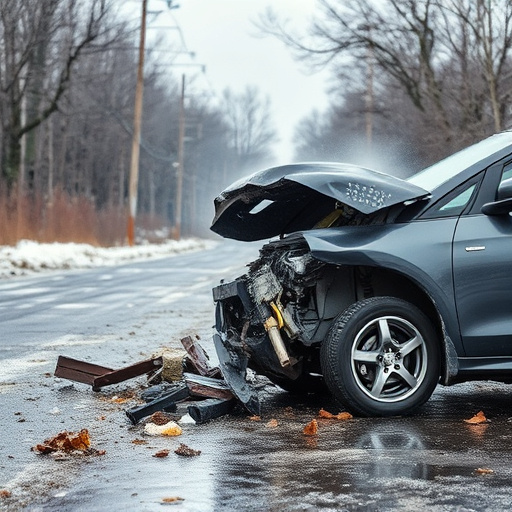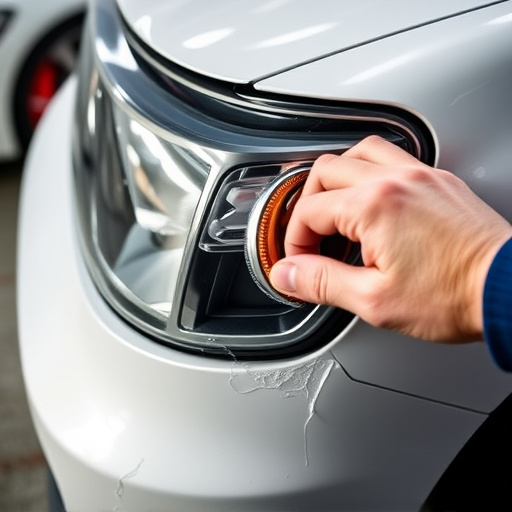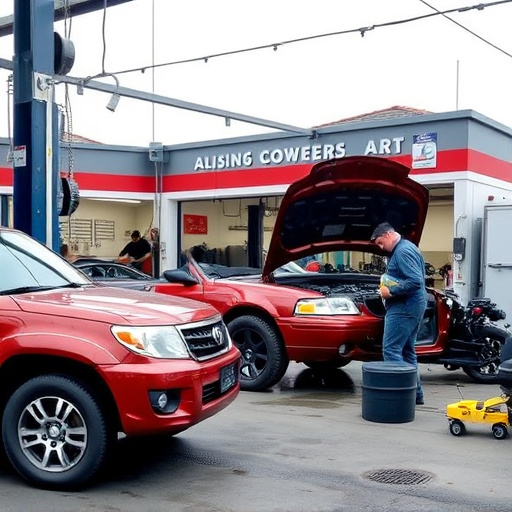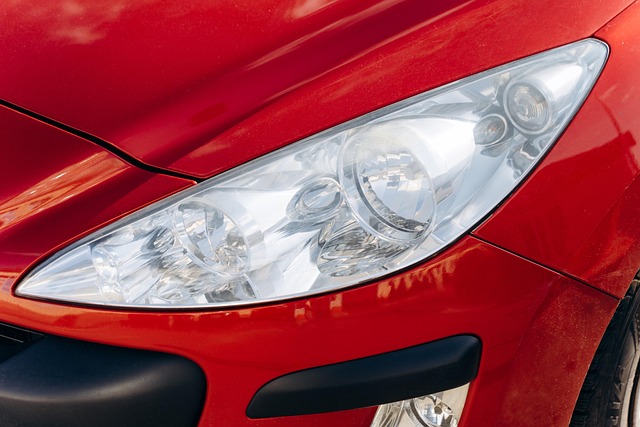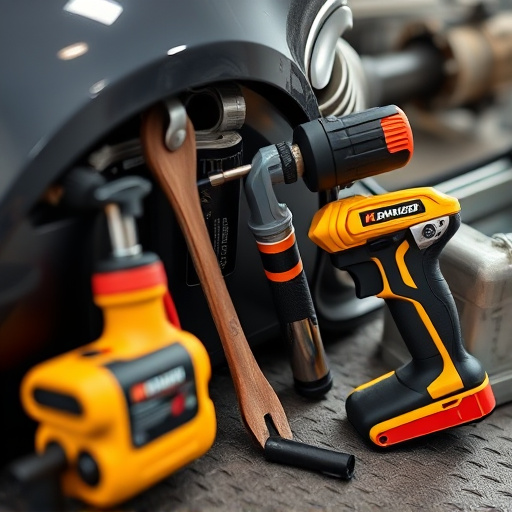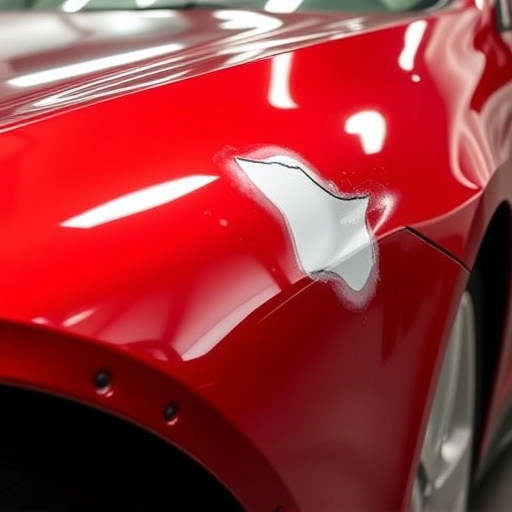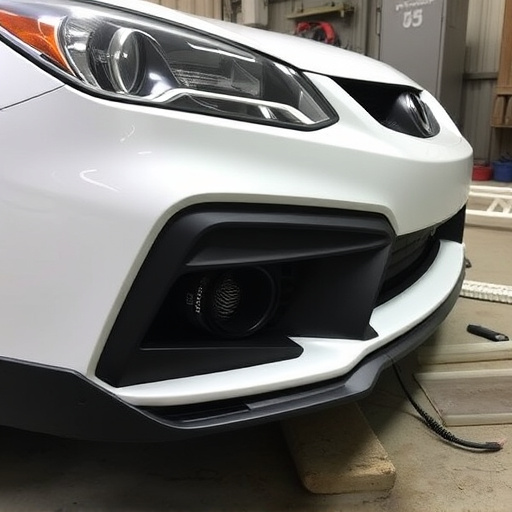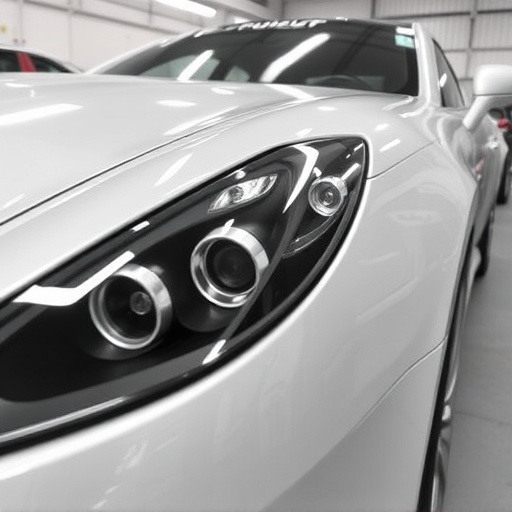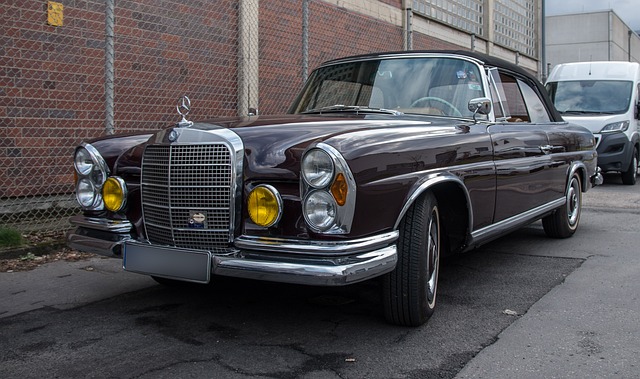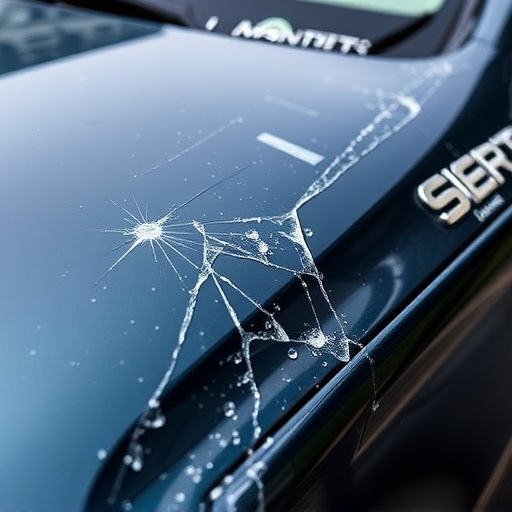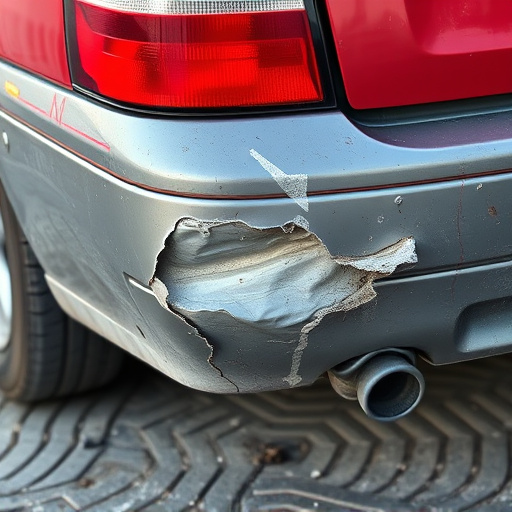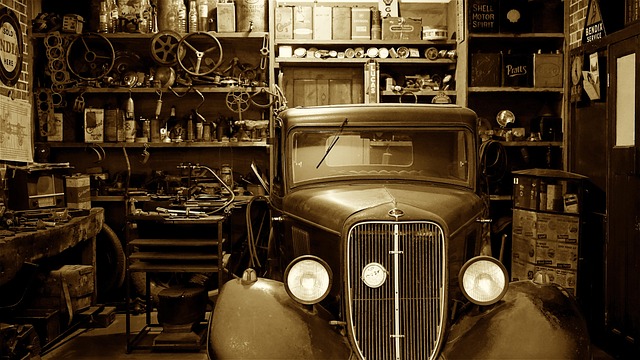Shop-based Paintless Damage Repair (PDR) services offer advanced car bodywork repairs in a controlled environment, ideal for customers seeking high-quality work and face-to-face interactions. Mobile PDR services, meanwhile, revolutionize auto repairs by providing on-demand solutions that eliminate transport needs, benefitting remote areas and busy individuals. The choice between shop-based and mobile PDR depends on whether you cater to a local community (shop-based) or prioritize convenience and accessibility for customers (mobile).
In today’s competitive automotive repair landscape, understanding the nuances between shop-based and mobile PDR (Paintless Dent Repair) service models is crucial. This article delves into these contrasting approaches, highlighting their unique advantages and operational dynamics. From the comfort of a fixed facility to the convenience of on-site service, we explore how each model caters to different customer preferences. By weighing factors like accessibility, cost, and efficiency, auto body shops and customers alike can make informed decisions, with a particular focus on the benefits of mobile PDR services.
- Understanding Shop-Based PDR Services: Advantages and Operations
- Exploring Mobile PDR Services: Convenience and Accessibility
- Key Considerations for Choosing Between Shop-Based vs. Mobile Models
Understanding Shop-Based PDR Services: Advantages and Operations
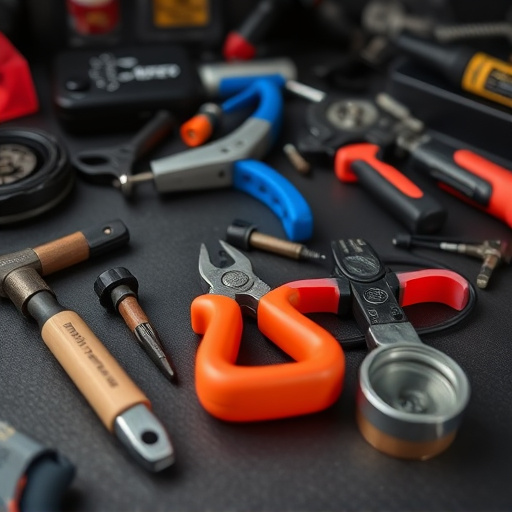
Shop-based PDR (Paintless Damage Repair) services have been around for years and offer a traditional model for handling car bodywork repairs. One of the key advantages is accessibility; customers can bring their vehicles to a fixed location, ensuring convenience and enabling face-to-face interactions with technicians. This direct approach fosters trust and allows for detailed consultations regarding damage assessment and repair methods.
These services specialize in various car bodywork repairs, from minor dents and scratches to more complex issues. Technicians use advanced tools and techniques, including precision instruments and specialized equipment, to perform paintless repairs, preserving the vehicle’s original finish. The operations typically involve assessing the damage, preparing the surface, using PDR tools to remove the dent, and finally, polishing the area for a seamless finish. This model is ideal for those seeking reliable, high-quality car bodywork services in a controlled environment.
Exploring Mobile PDR Services: Convenience and Accessibility
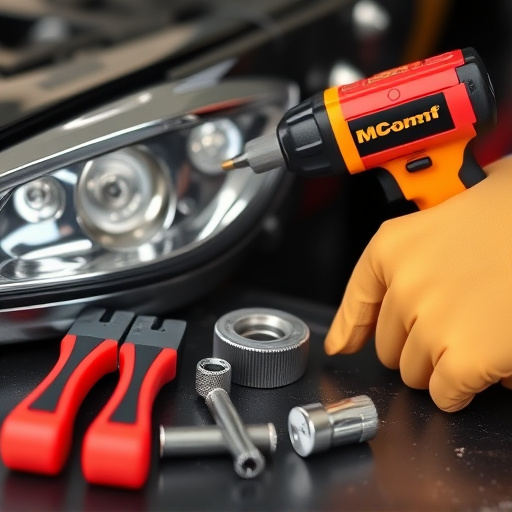
Mobile PDR services offer a level of convenience and accessibility that traditional auto repair shops simply can’t match. With these on-demand services, vehicle owners no longer need to lug their damaged cars to a physical location. Instead, highly skilled technicians come directly to them, saving time and effort. This is especially beneficial for those in remote areas or with busy schedules who might not otherwise find the time to visit an auto repair shop for frame repairs or other PDR-related services.
The convenience extends beyond just saving time; it also includes greater flexibility. Mobile PDR technicians can assess and perform repairs on a wide range of vehicle types and damages, from minor dents to more complex auto frame repairs. This accessibility and versatility make mobile PDR services an attractive option for anyone needing prompt and efficient vehicle repair, without the hassle of transporting their car to a physical location.
Key Considerations for Choosing Between Shop-Based vs. Mobile Models
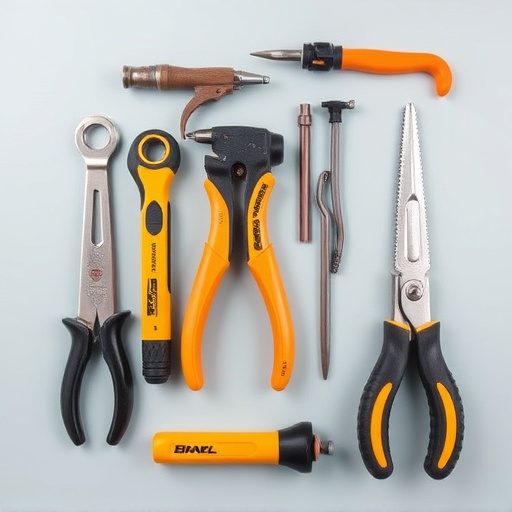
When deciding between a shop-based and mobile PDR (Paintless Dent Repair) service model, several key considerations come into play. The primary factor is understanding your target market and customer base. If your focus is on serving customers who prefer convenience and mobility, then a mobile PDR service might be the better choice. This model allows technicians to reach clients at their locations, whether it’s at home, work, or even during travel, eliminating the need for customers to visit an auto body shop.
On the other hand, a shop-based model is ideal for businesses aiming to establish a physical presence and cater to a local community. This approach allows for more specialized equipment and resources readily available, which can be beneficial for complex collision repair jobs involving extensive vehicle bodywork. Additionally, a fixed location provides a controlled environment, ensuring consistent service quality and facilitating direct communication with customers regarding their repair needs.
In comparing shop-based and mobile PDR service models, each presents unique advantages. Shop-based services offer specialized facilities and established operations, while mobile services bring convenience and direct accessibility to customers. When deciding, businesses should weigh factors like target audience, desired service quality, and operational resources. For many, a hybrid approach combining the accessibility of mobile with controlled environment benefits of shop-based models might prove most effective in providing top-tier PDR services.
